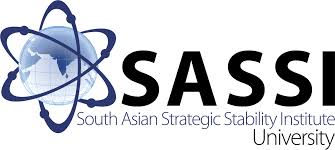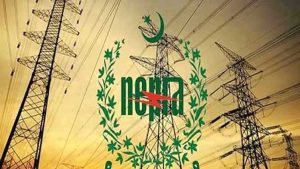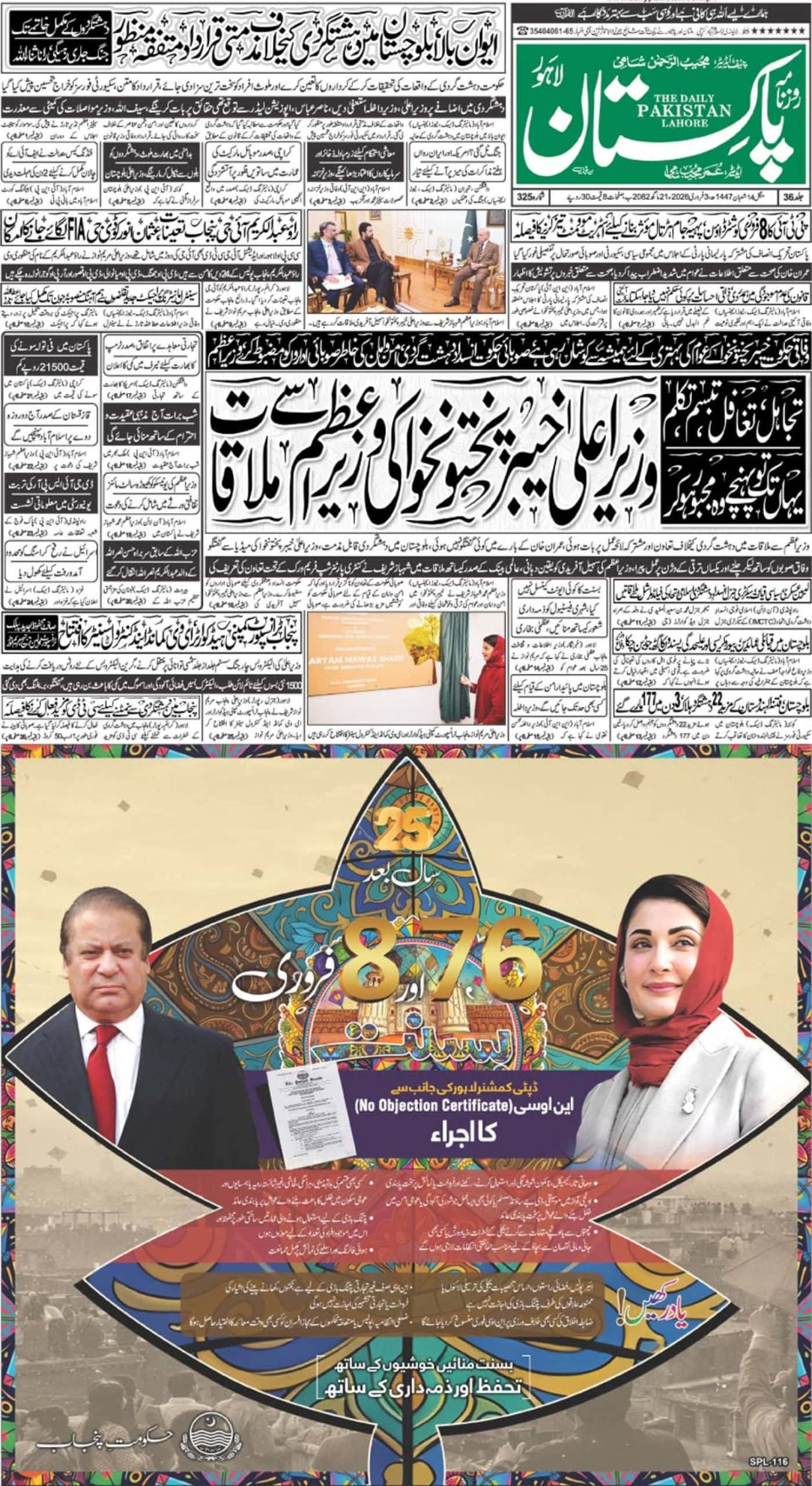ISLAMABAD – South Asian Strategic Stability Institute (SASSI) organised an in-house discussion on export controls, NSG and impact on high-tech trade. Recently released report of King’s College London’s Project Alpha report Pakistan’s Strategic Nuclear and Missile Industries also came under discussion.
Director General Strategic Export Control Division, Dr Zafar Ali, was the guest speaker. The in-house discussion was attended by media persons, retired military officials and Ministry of Foreign Affairs officials.
DG SASSI, Maria Sultan in her inaugural address highlighted that the Project Alpha report can make Pakistan’s Nuclear Supplier Group membership case more complicated. This report may also muddle Pakistan’s interaction with the upcoming U.S. administration.
An academic report should not be a criterion for putting companies on the U.S. entity list. The possible inclusion of Pakistani companies in the U.S. entity list, mentioned in the Project Alpha report, will affect Pakistan’s defence, nuclear and commercial industry.
The Project Alpha report is targeting Pakistan’s jugular vein by attacking companies that are its industrial base. Furthermore, the outgoing U.S. administration is also playing its role in making the future of Pakistan-U.S. relations more complicated.
DG SECDIV, in his address, highlighted the steps Pakistan has taken in the domain of exports control. He explained that Pakistan has a comprehensive export control regime. The legislative, regulatory, administrative and enforcement measures of Pakistan’s export control regime are at par with the standards followed by the NSG, the Missile Technology Control Regime and the Australia Group.
The SECDIV in the Ministry of Foreign Affairs, in consultation with the relevant ministries and other entities, has revised the ‘National Export Control Lists” thrice in 2011, 2015 and 2016. The lists classified based on the European Union’s integrated system, cover the scope of export controls maintained by the NSG, AG and MTCR.
In some cases, Pakistan’s export control guidelines are more stringent than the guidelines of export control regimes. Furthermore, SECDIV is working on enhancing the capacity of its enforcement people and field operators through different pieces of training and has a targeted outreach plan, which includes talking to academics, think tanks and media persons.
SECDIV is also working on a national detection architecture, which includes deploying scanning machines and radiation detection portals at different places and has constituted an inspection and enforcement team for implementing UN resolutions.
Pakistan’s NSG application is based on merit and sounds technical capabilities. By becoming a member of NSG, Pakistan is looking to contribute towards strengthening the non-proliferation regime. Furthermore, NSG membership is also vital for overcoming Pakistan’s energy needs and for maintaining strategic stability in the region.-Online














